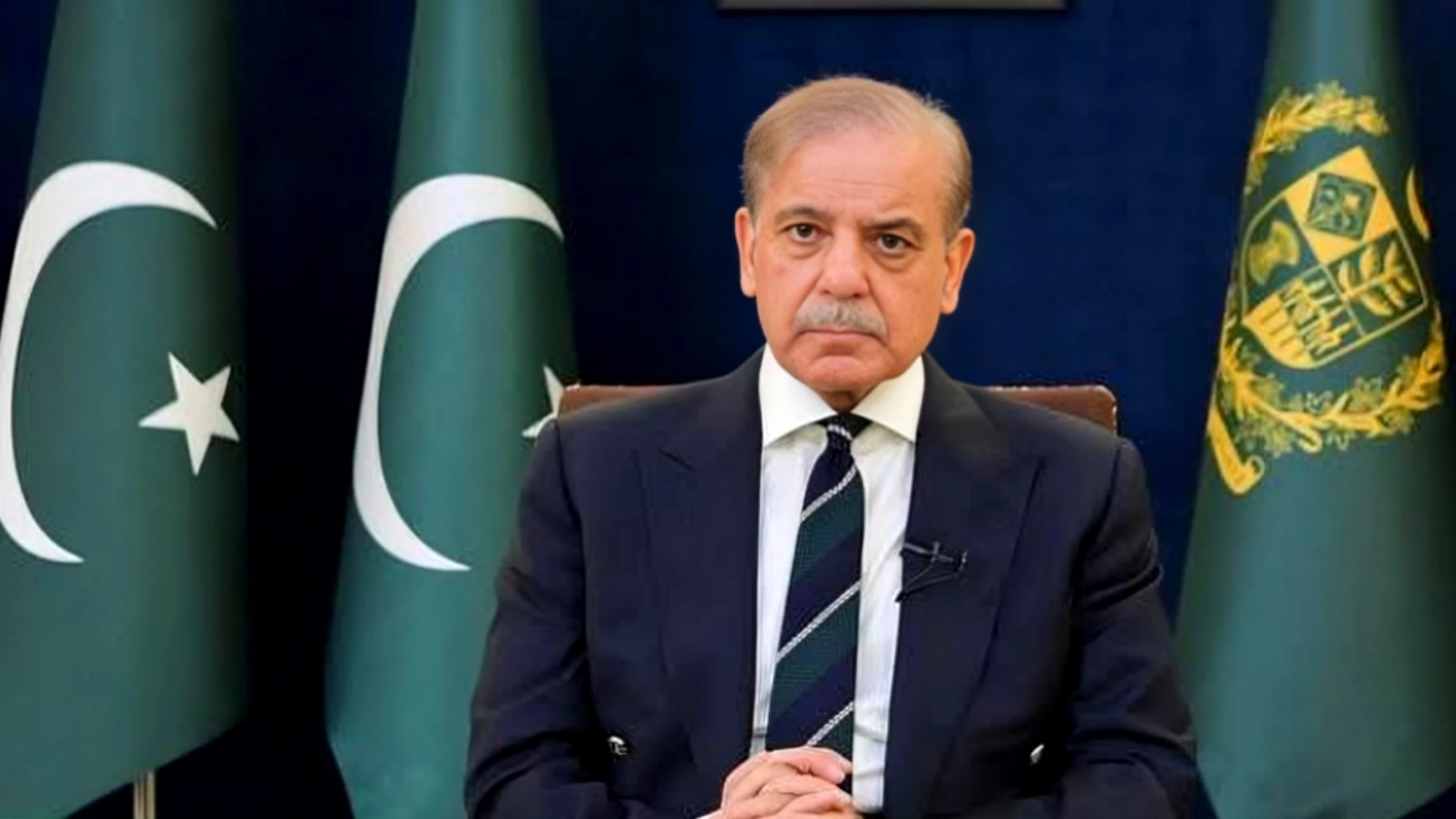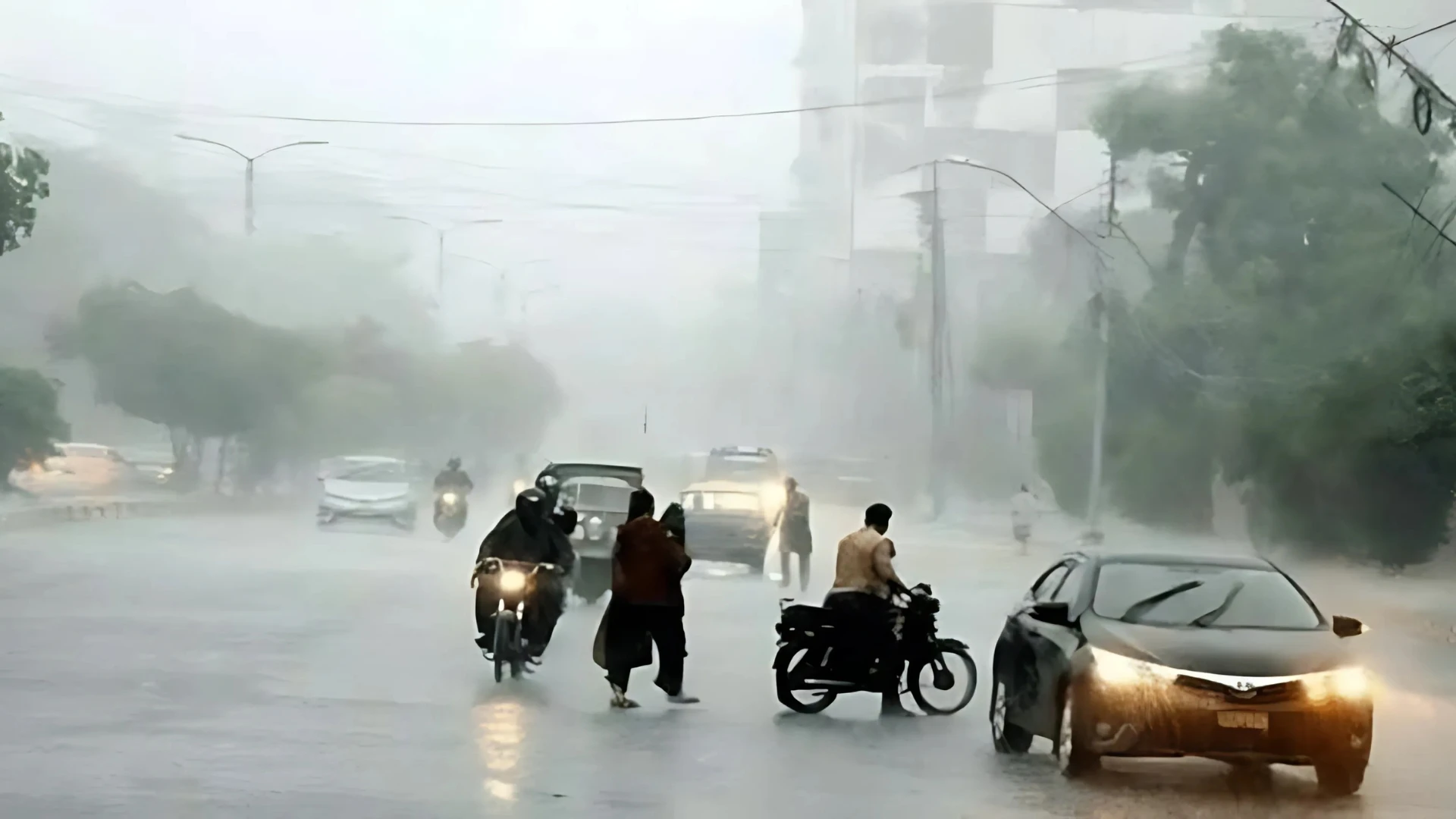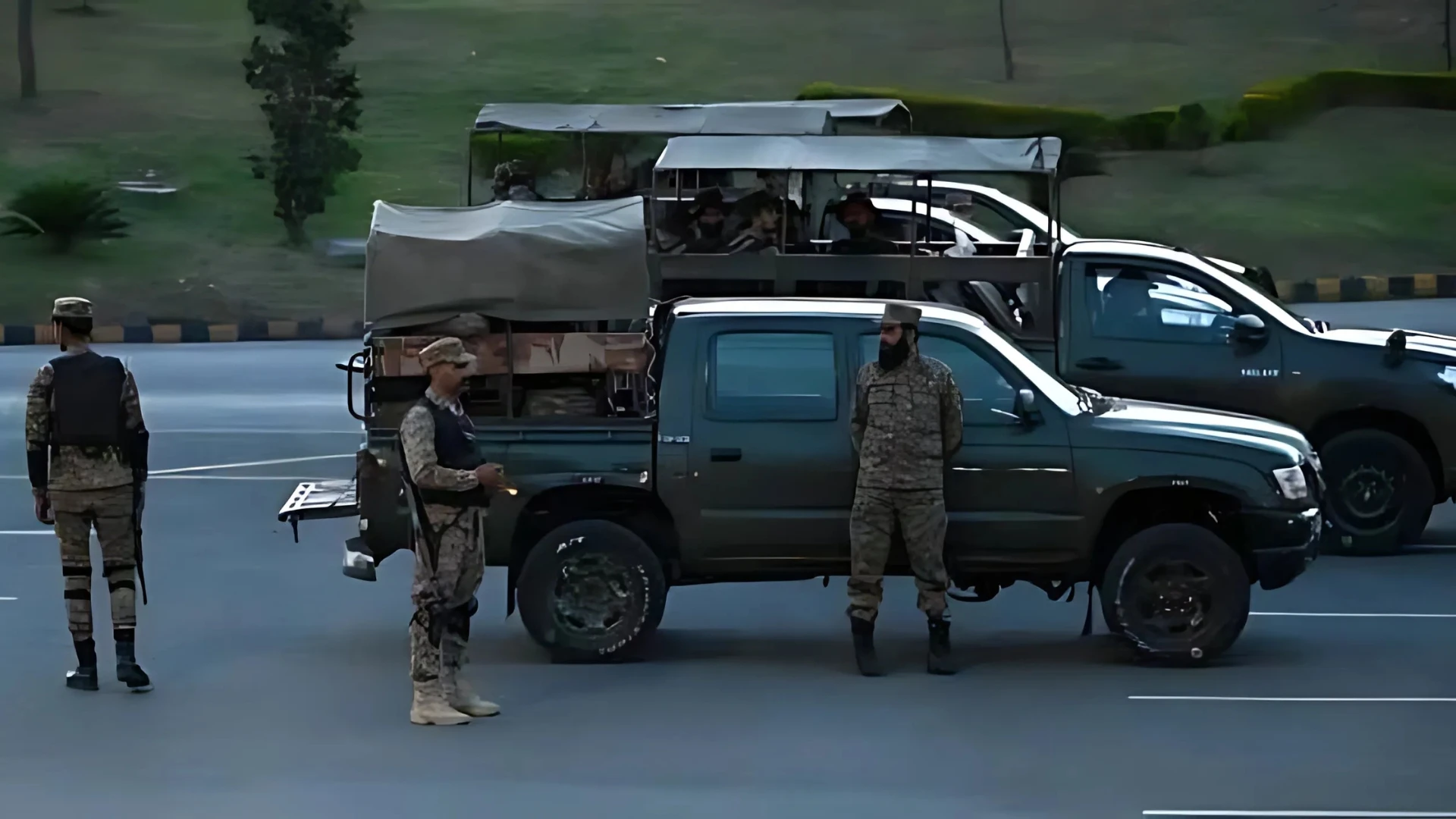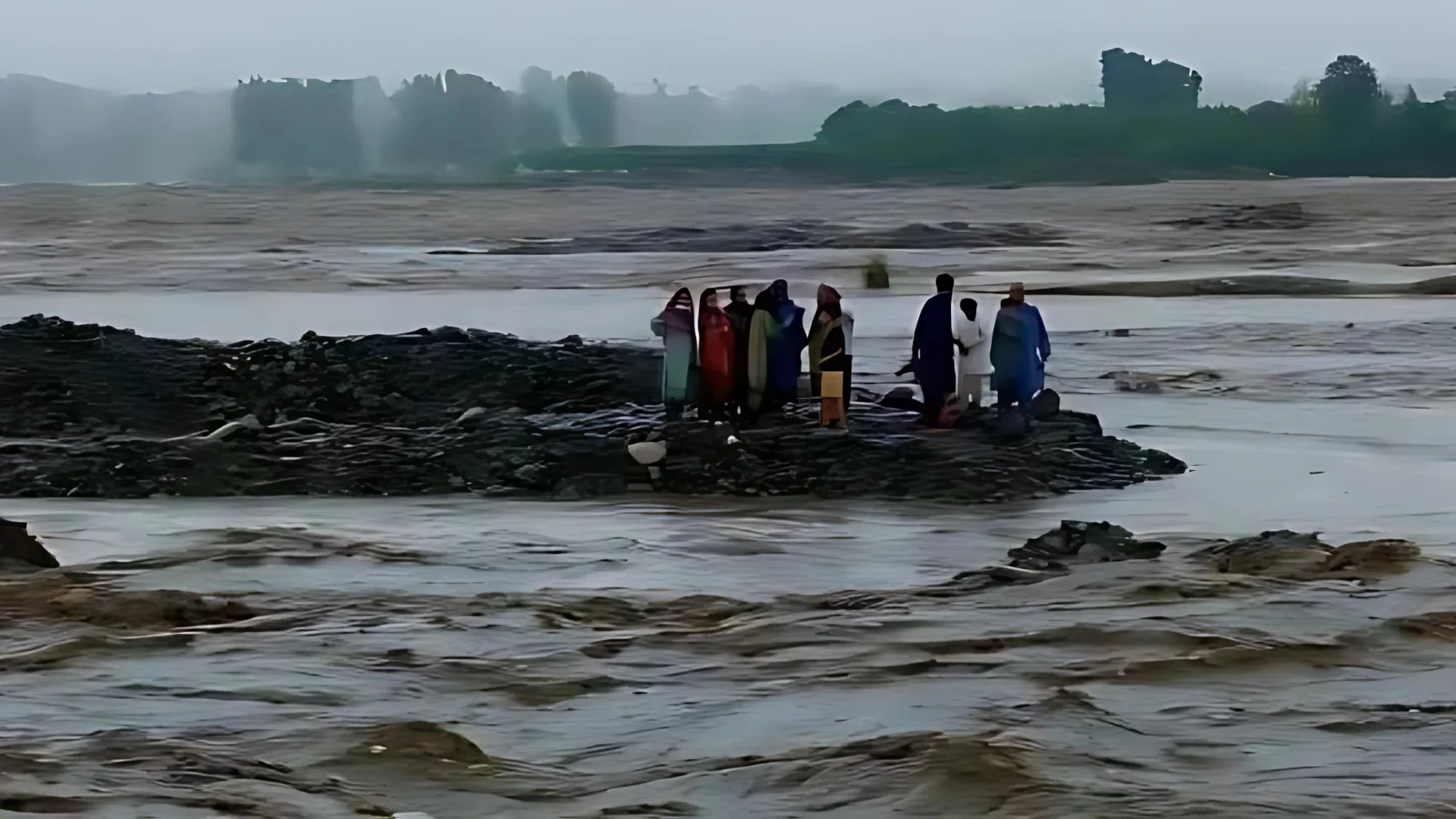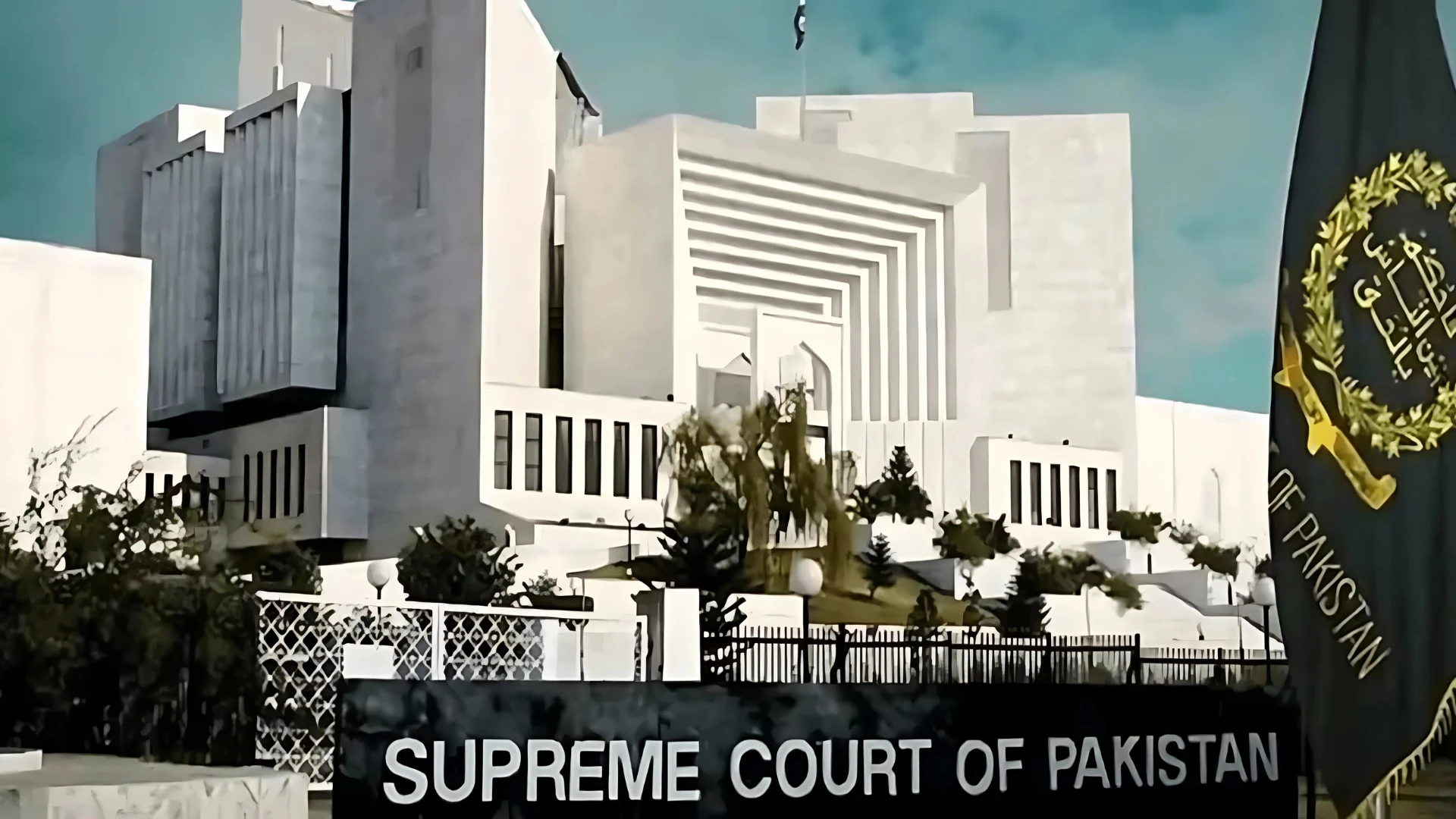Islamabad: The United Nations High Commissioner for Refugees (UNHCR) and the International Organization for Migration (IOM) have expressed concerns over Pakistan’s newly approved plan to expel Afghan refugees and asylum seekers.
Last week, Pakistan’s Prime Minister Shehbaz Sharif approved a plan to deport approximately three million Afghan refugees, including those with legal documents, undocumented migrants, and asylum seekers who fled Afghanistan following the Taliban's takeover and are awaiting visas in Islamabad for resettlement in third countries.
According to plan, the first phase of expulsions will target Afghan refugees in Islamabad and Rawalpindi, where they will be placed in designated camps before being sent back to Afghanistan.
In a joint statement, UNHCR and IOM requested clarity on the "nature and timeframe" of the deportations. The UNHCR Representative for Pakistan, Philippa Candler, warned that “forced returns to Afghanistan will put the lives of some individuals at increasing risk.” She urged Pakistan to provide protection to vulnerable Afghan refugees, regardless of their documentation status.
Similarly, the head of IOM’s mission in Islamabad, Mio Sato, reaffirmed the organization’s commitment to working with UNHCR and the Pakistani government on registering, managing, and screening Afghan refugees. She emphasized that the process should open pathways for international protection for those in need and offer solutions for Afghans who have lived in Pakistan for a long time and have strong social and economic ties to the country.
The two UN agencies urged the Pakistani government to uphold human rights standards while implementing the plan. They also called on Islamabad to consider appropriate procedures for legal and economic migrants, including the 800,000 Afghan refugees who have been issued Afghan Citizenship Cards in collaboration with IOM.
Currently, 1.4 million Afghan refugees in Pakistan have legal residency permits, which have been extended until June 30, 2025. They are expected to be expelled in the second phase of the plan.
Prime Minister Shehbaz Sharif also directed authorities to deport approximately 400,000 Afghans from Islamabad and Rawalpindi by March 31 in the third phase of the plan. If other countries do not expedite asylum processes for Afghan refugees, further deportation measures will be taken.
According to the UN and the Taliban, nearly 800,000 Afghan refugees have returned to Afghanistan, either voluntarily or forcibly, since 2023.



